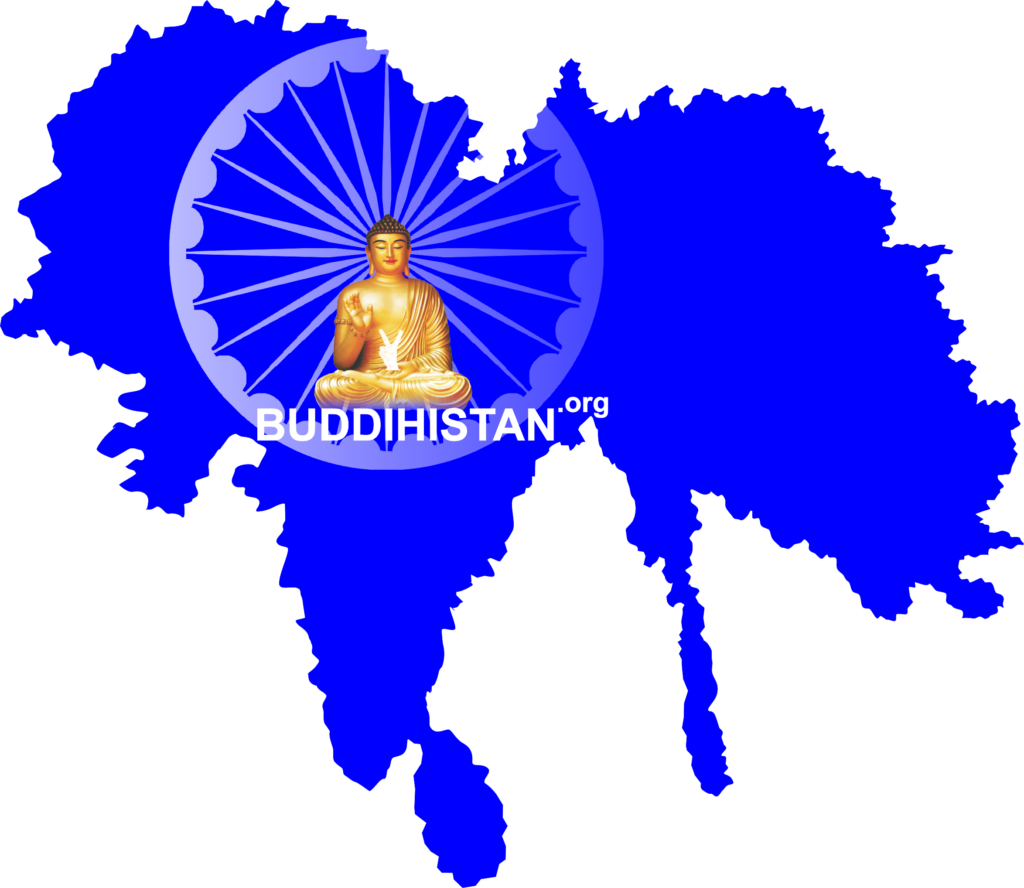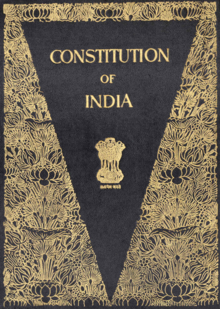
Frequently Asked Questions
FAQs
What is the History of Buddhistan?
How long do I get support?
Can I get the Buddhistan Nationality ?
Ask
Buddhistan means The Land of Buddha, Its a Buddhist Nation in this World.
Follow the Buddha and any one join it on Buddhistan.org registration or contact any BSR – Buddhist System Representative any where in the world.
Buddhist Principles Governance and community life reflect a desire to cultivate a society that embodies serves the needs of its people in a holistic scientific manner.
Buddhistan was established by collective of Buddhist leaders, scholars, and communities who sought to create a society that embodies and promotes Buddhist priciples, values, and teachings.
Buddhistan means The Land of Buddha. Budhist + stan = Buddhistan
Buddhistan arrive around 2nd century BCE as a buddhist kingdoms this community based on true principle.
All over the word Every Buddhist and Supporters reconstruct Buddhist Country for develop innovative social programs to address modern challenges such as mental health, poverty, and conflict resolution, embodying the compassionate teachings of Buddhism. Global changes such as climate change, political shifts, and economic challenges, while maintaining core Buddhist values by Buddhistan.
All the BSR Buddhist System Representative lead the Buddhistan all over the world.
Where is the Buddhist there is a Buddhistan.
Buddhist Government Run in Buddhistan.
Buddhistan would aim to help as a Government lead fulfilling human lives, life long learning, safe spaces, interpersonal skills,holistic health practices, cultural enrichment,volunteerism and service, conflict resolution, ethical living, educational opportunities, mental health resources, community support, spiritual guiance.
Core beliefs include the Four Noble Truths, the Eightfold Path, and the importance of meditation.
Influential leaders often include local monks and scholars known for their teachings and community leadership.
Major temples and monasteries are typically found in urban centers and rural areas, often in scenic locations. eg. Mumbai, Nagpur, Bihar, etc.
The Buddhist Boudha language in Buddhistan may have unique vocabulary and idiomatic expressions specific to its cultural context.
Meditation is vital for developing mindfulness, inner peace, and spiritual insight.
Buddhism arrived around 2nd century BCE ago and has evolved through various cultural influences and interpretations.
Community is central, providing support, shared rituals, and collective teaching.
Monks and local educators often lead Buddhist education initiatives and teachings.
They gather in Buddha Vihar, community centers, and homes for festivals. eg. Chaitya Bhoomi, Deeksha Bhoomi, Gaya, etc. …
Traditions inspire intricate designs, and murals reflecting Buddhist themes
Mindfulness helps individuals cultivate awareness and presence in their daily lives.
Major holidays like Vesak are celebrated during the lunar calendar’s full moon.
The teachings guide ethical living, compassion, and the pursuit of enlightenment.
Generally, committed individuals seeking spiritual dedication can become monks or nuns after rigorous training.
Language classes are often offered at monasteries and cultural centers.
Many practices emphasize harmony with nature and sustainable living as an expression of compassion.
Compassion is fundamental to alleviating suffering and fostering interconnectedness.
Recent reforms may have occurred in response to modern societal challenges and needs.
Challenges include balancing tradition with modernization and addressing social issues.
Buddhist philosophy is often included in curricula to promote ethical values and mindfulness among students.
National Flag

Buddhistan Map

Prime Minister

Constitution

Buddhist Government
Buddhist System
Buddhist System Representative
- *
- *
- *